COP25: $300b for Climate Finance: Take it or Leave it!
by Sophie Mbugua, Baku, Azerbaijan: After tense negotiations, deadlock, and near collapse, the 29th Climate Summit (COP29) successfully bulldozed a $300 billion annual new climate finance goal in the early hours of Sunday morning. Malawian Evans Njewa, the current chair of the Least Developed Countries (LDC) Group, in a statement called it “not just a…
Read More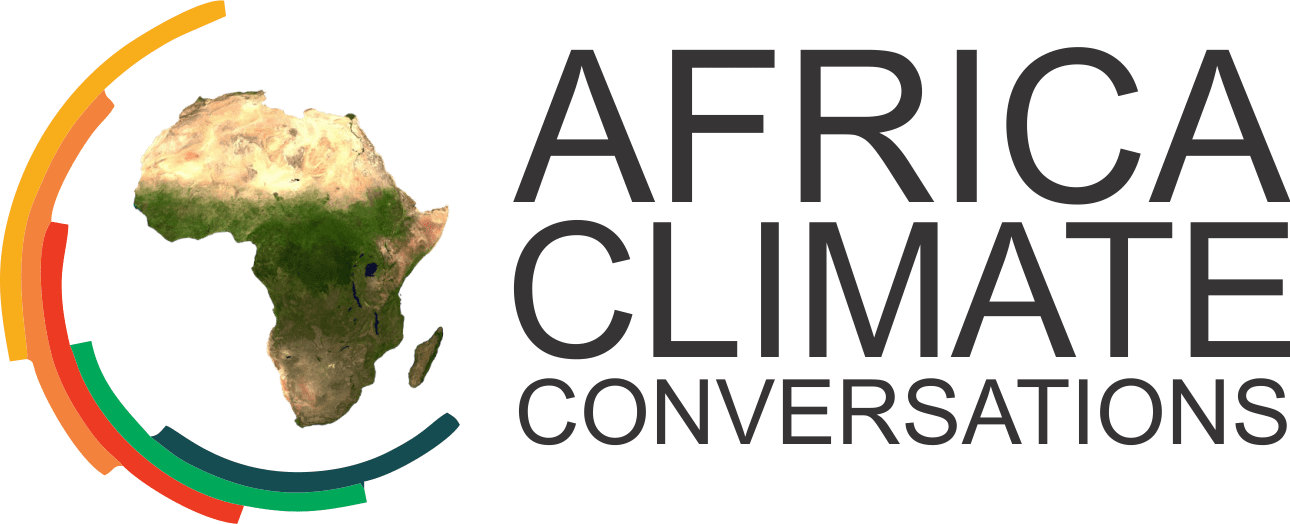




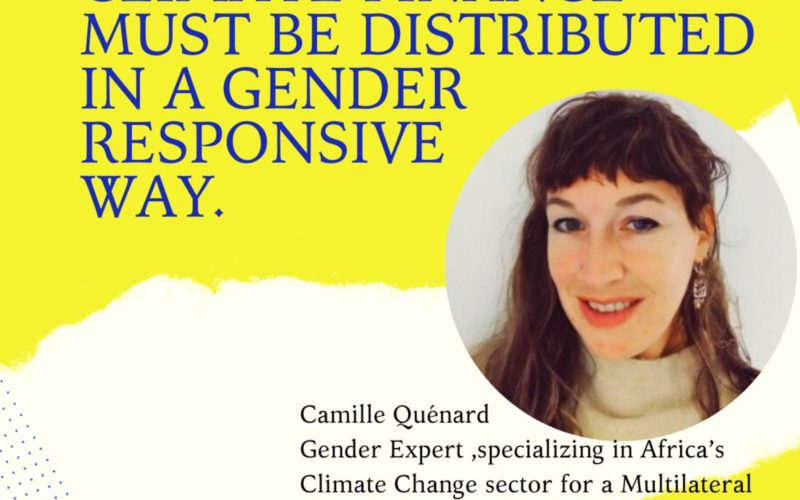

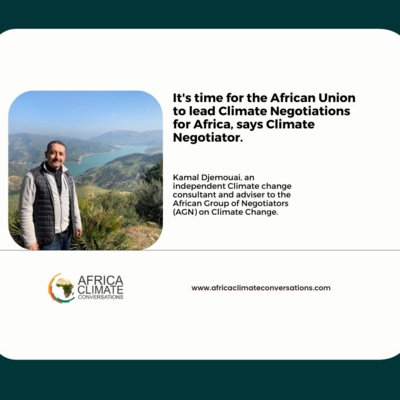
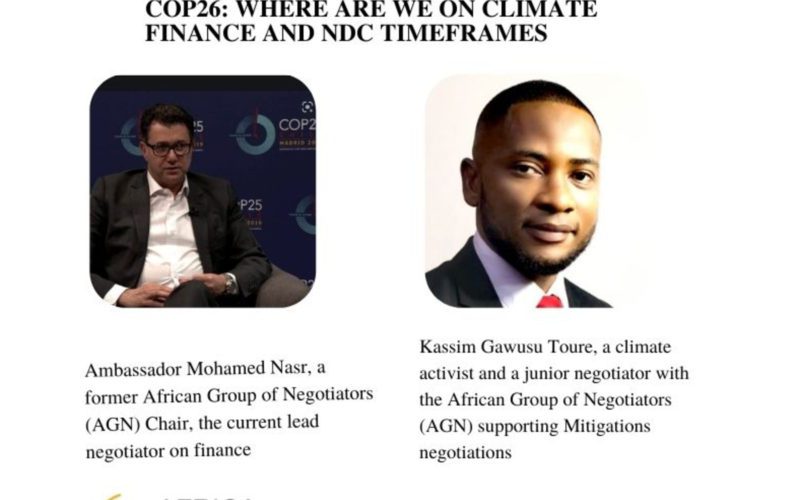
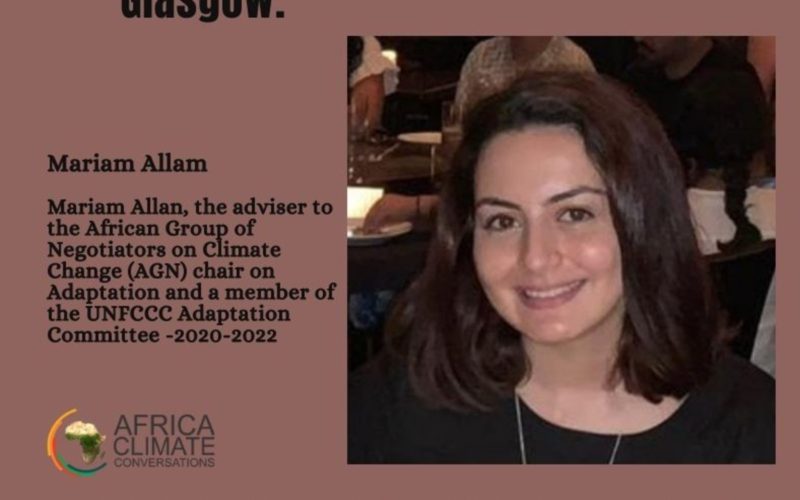
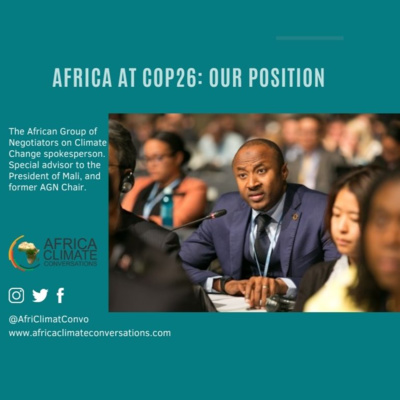
Recent Comments